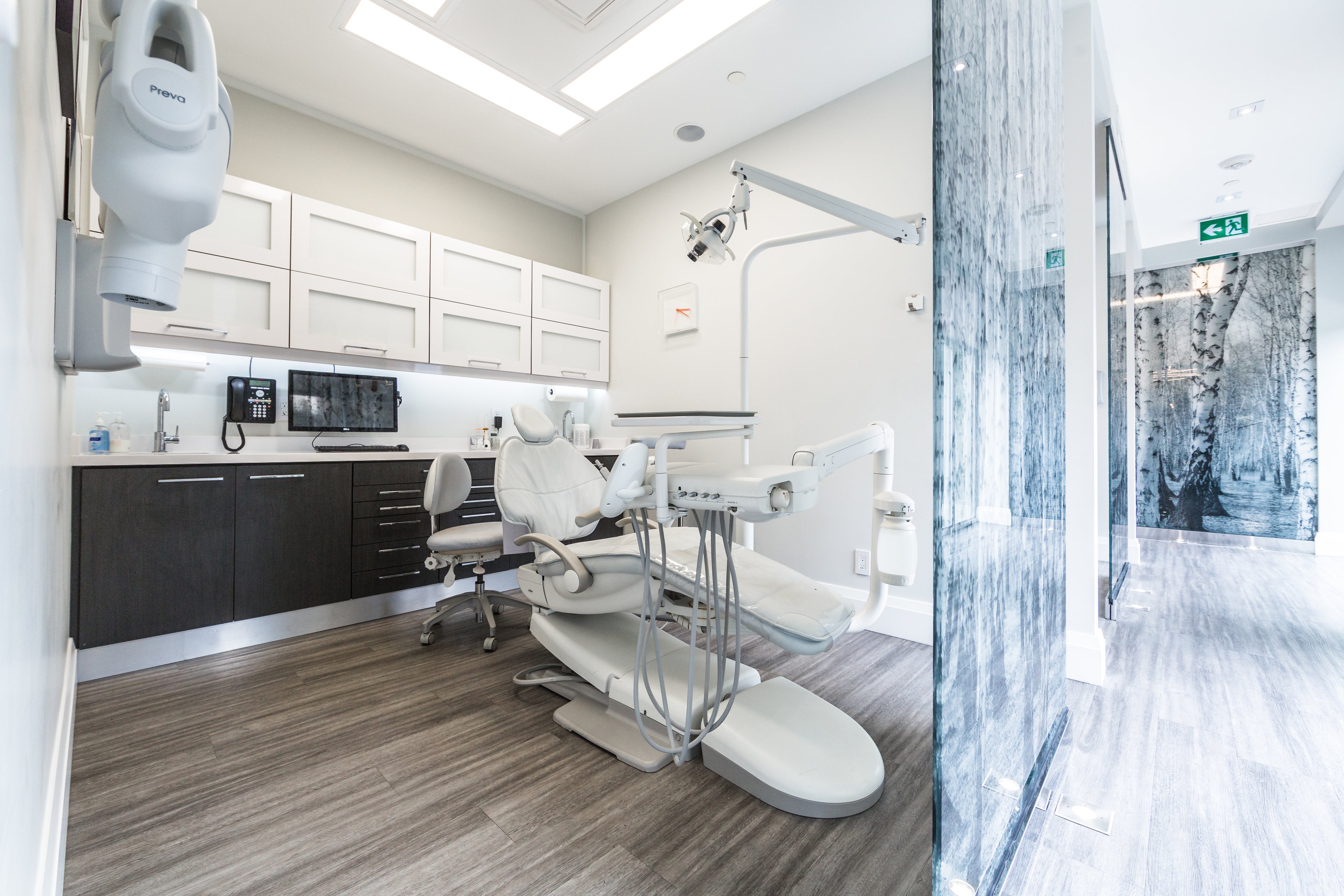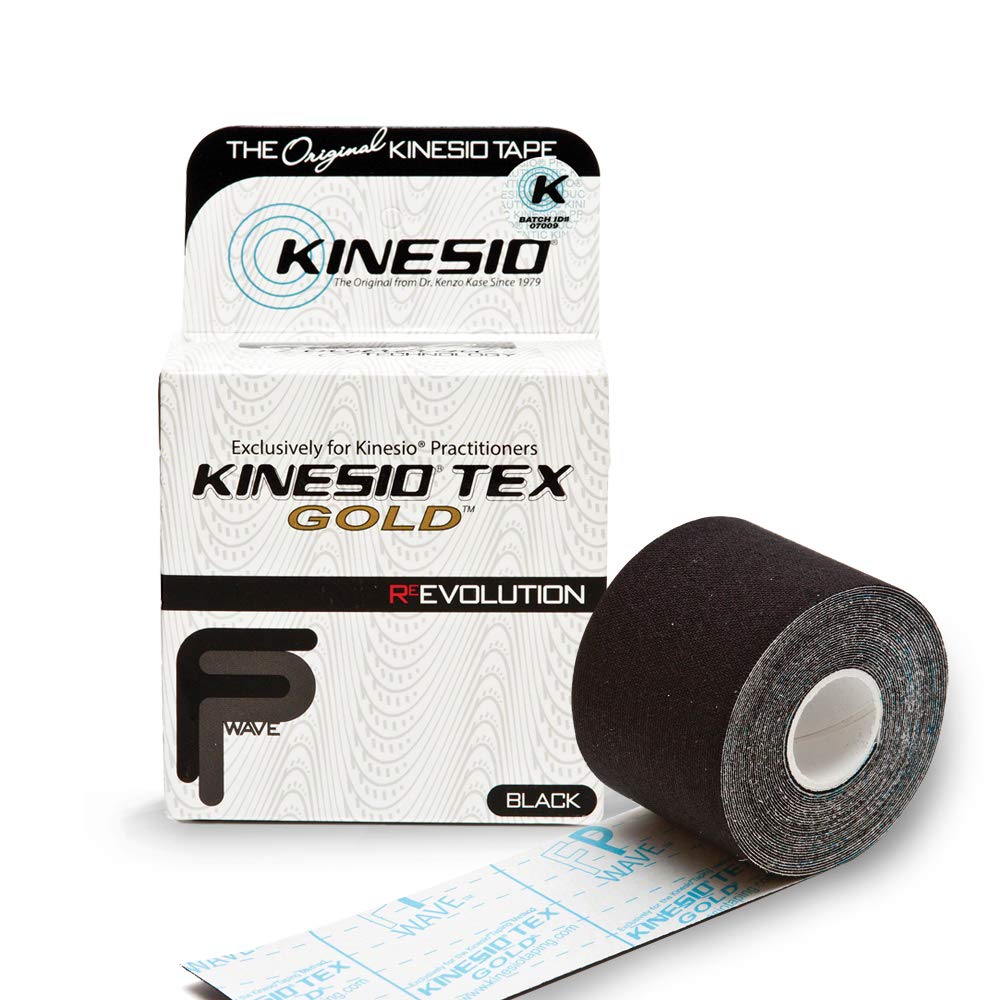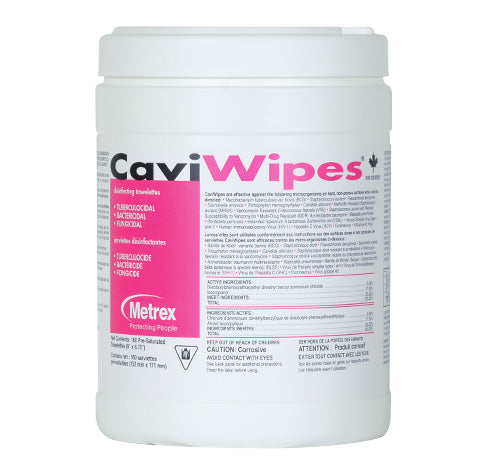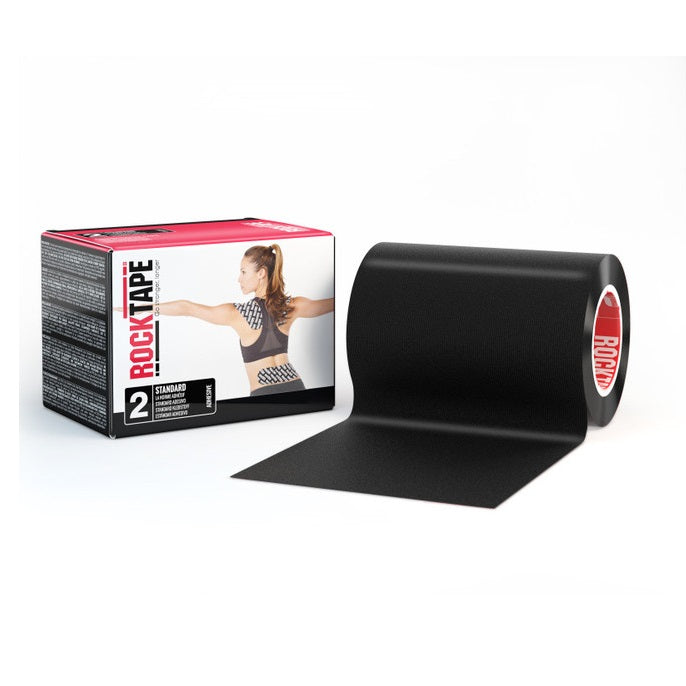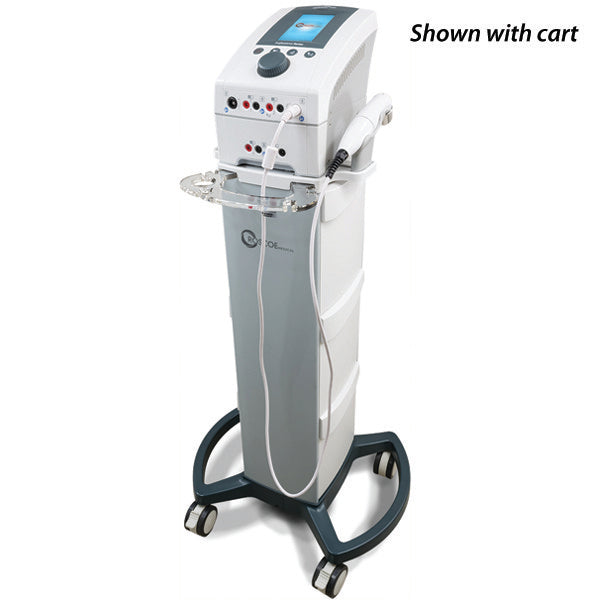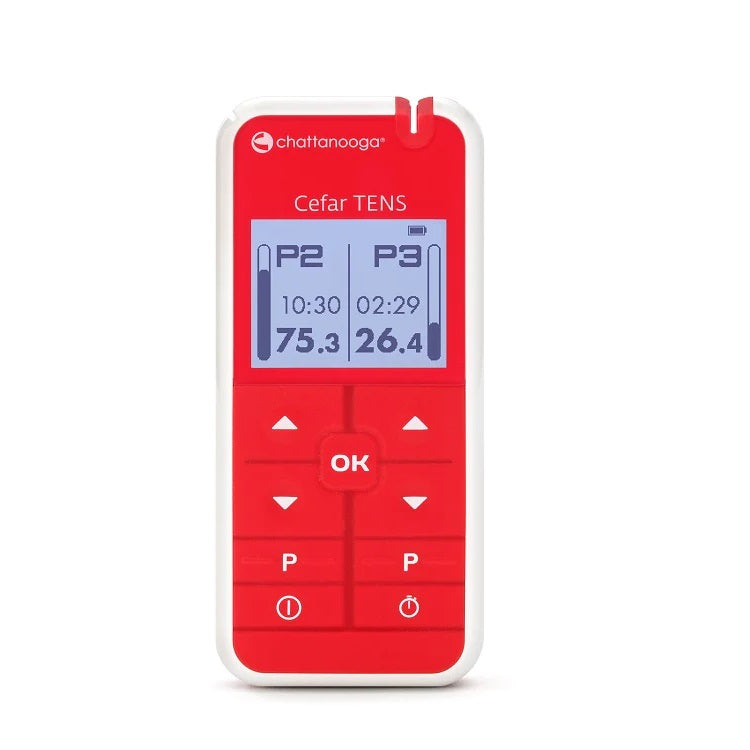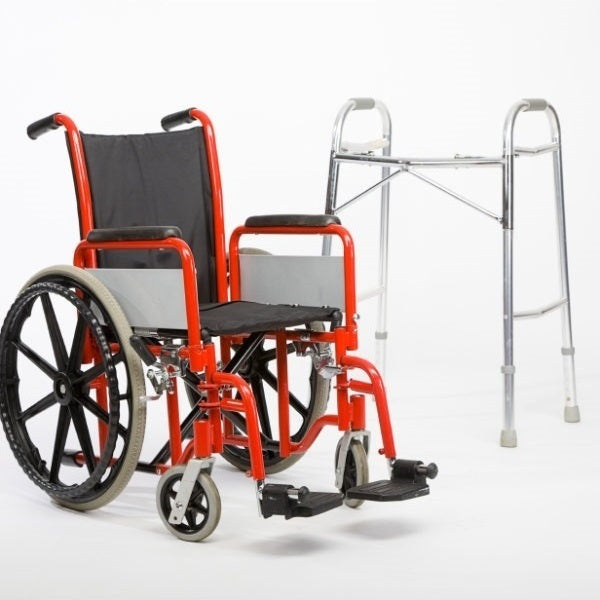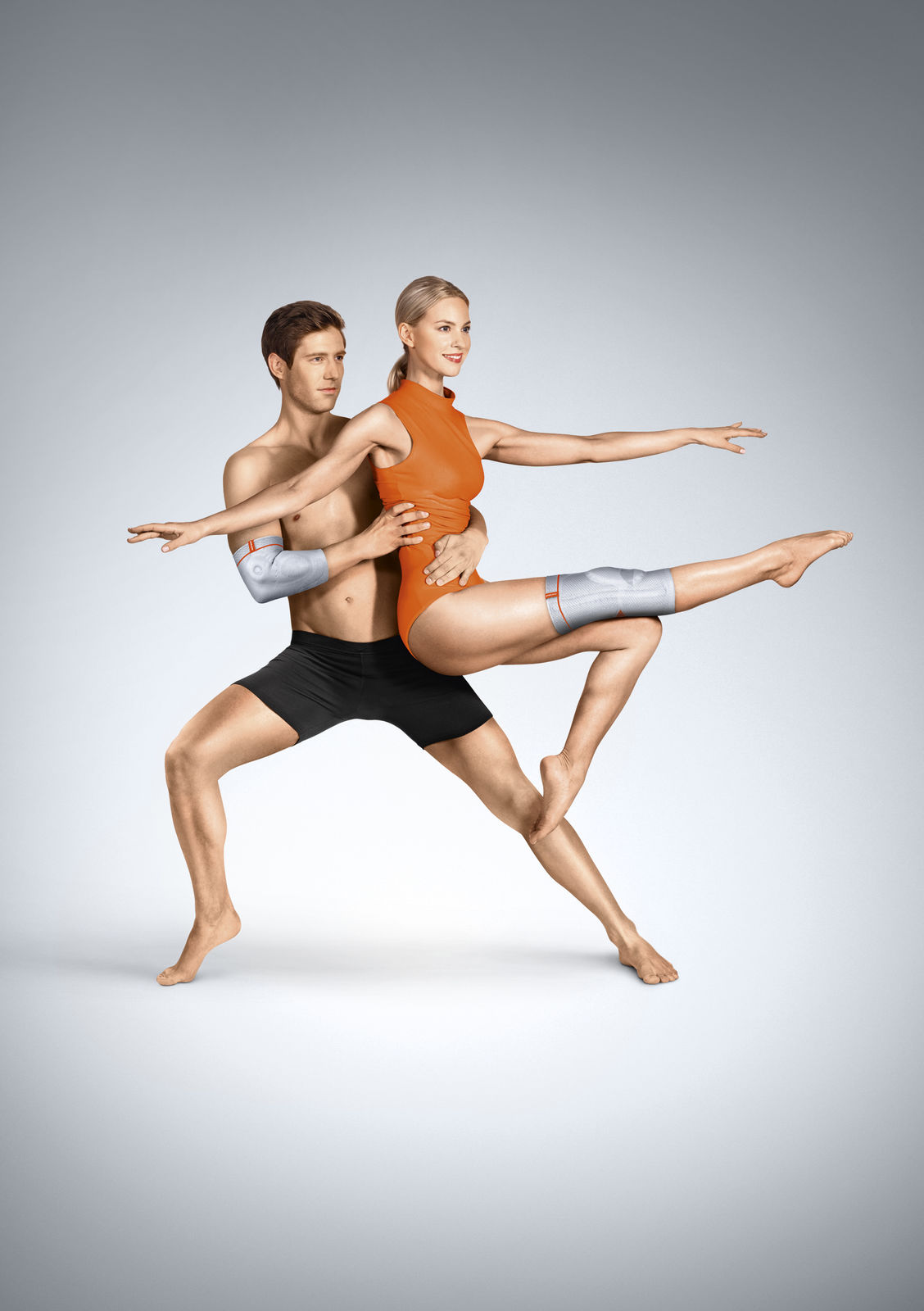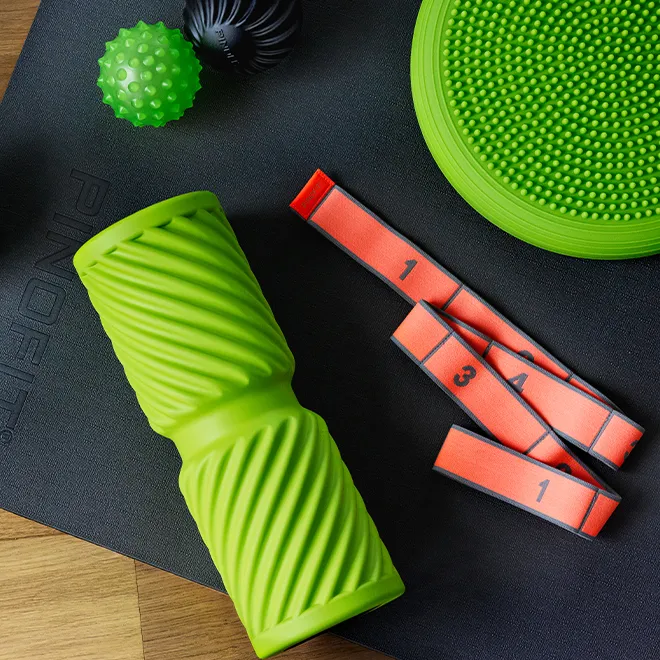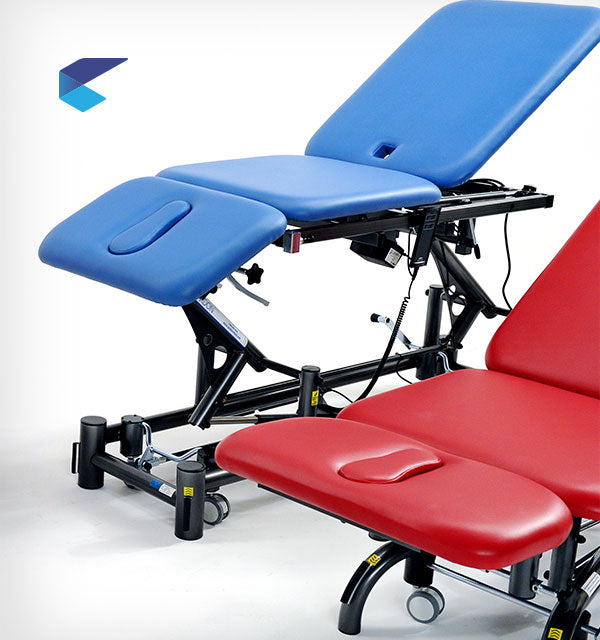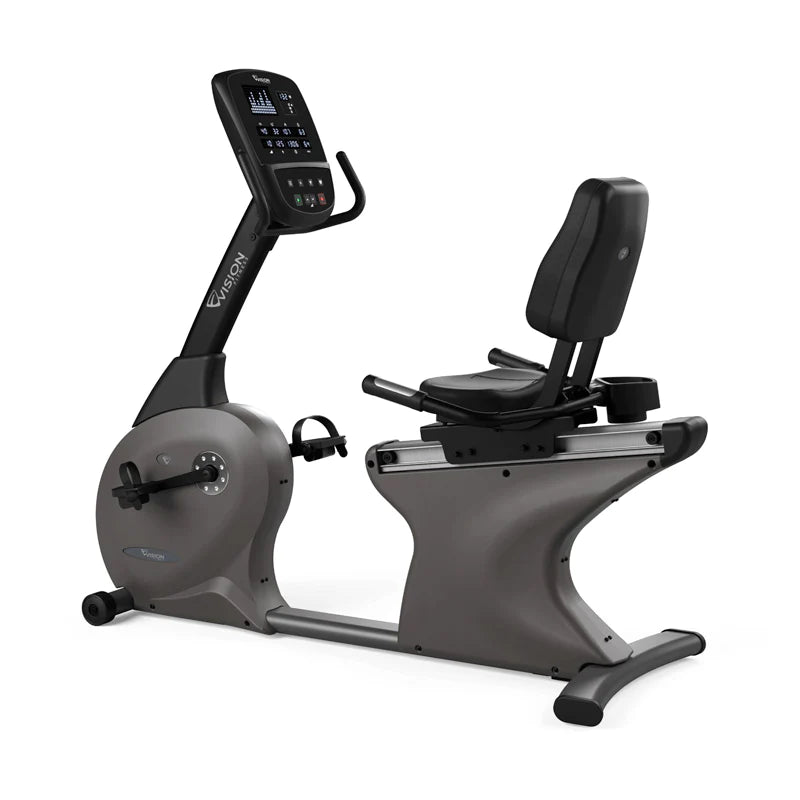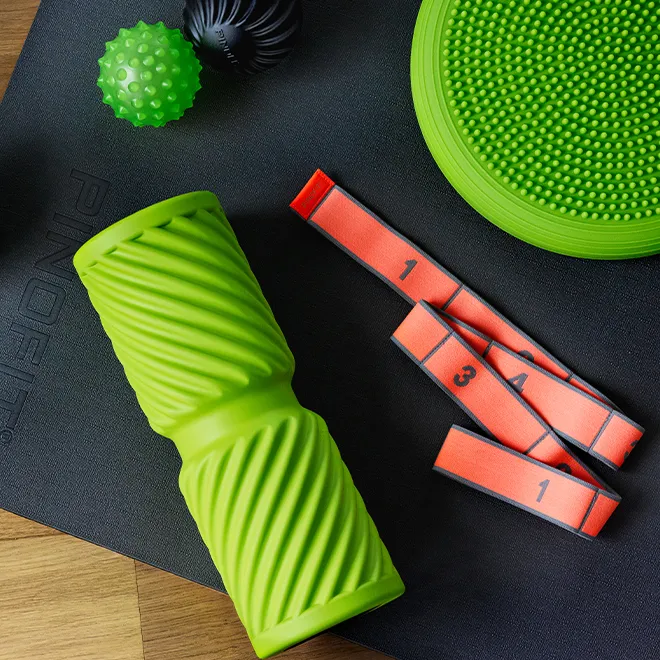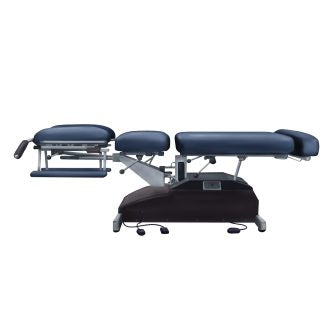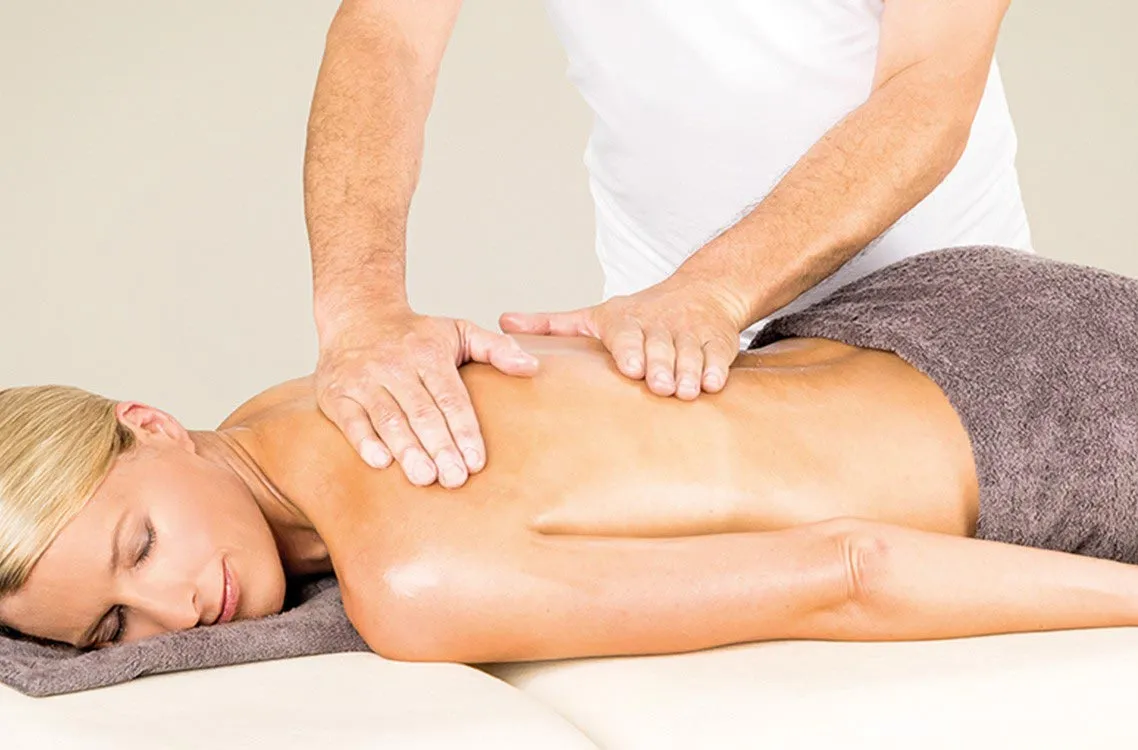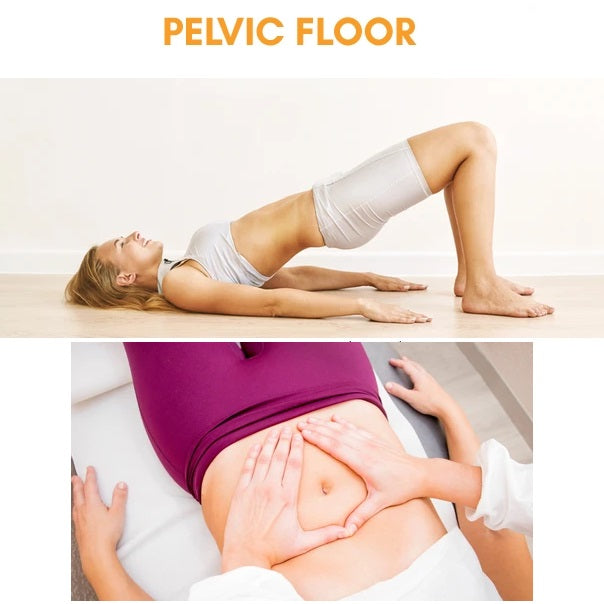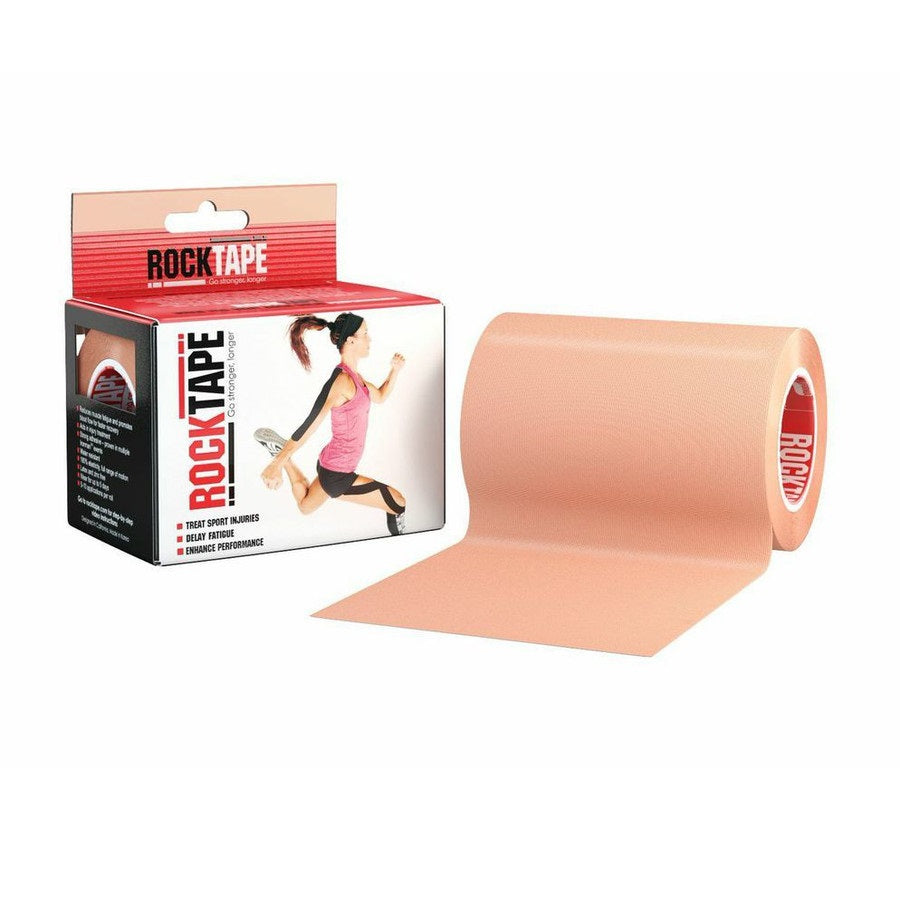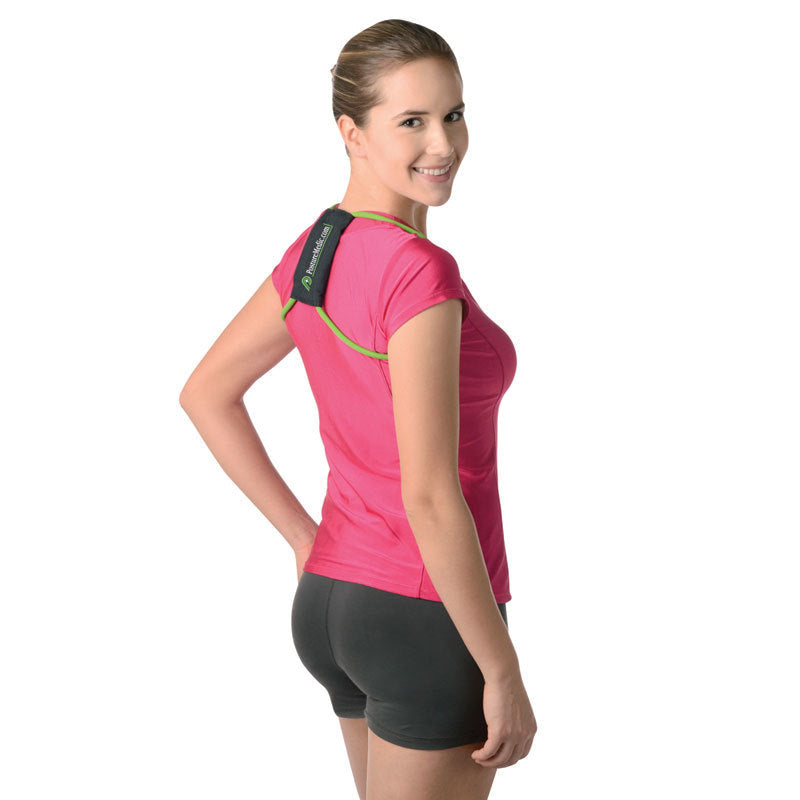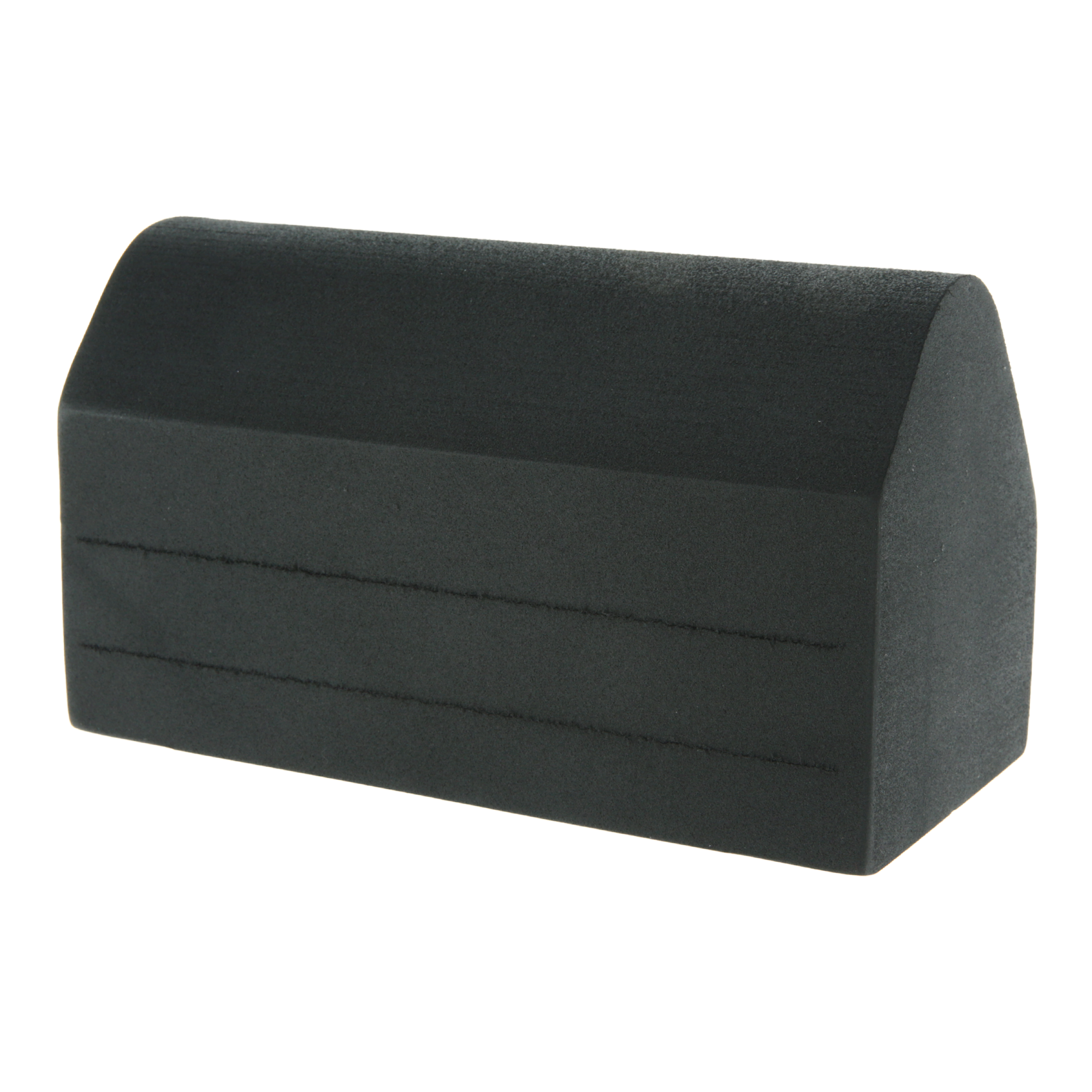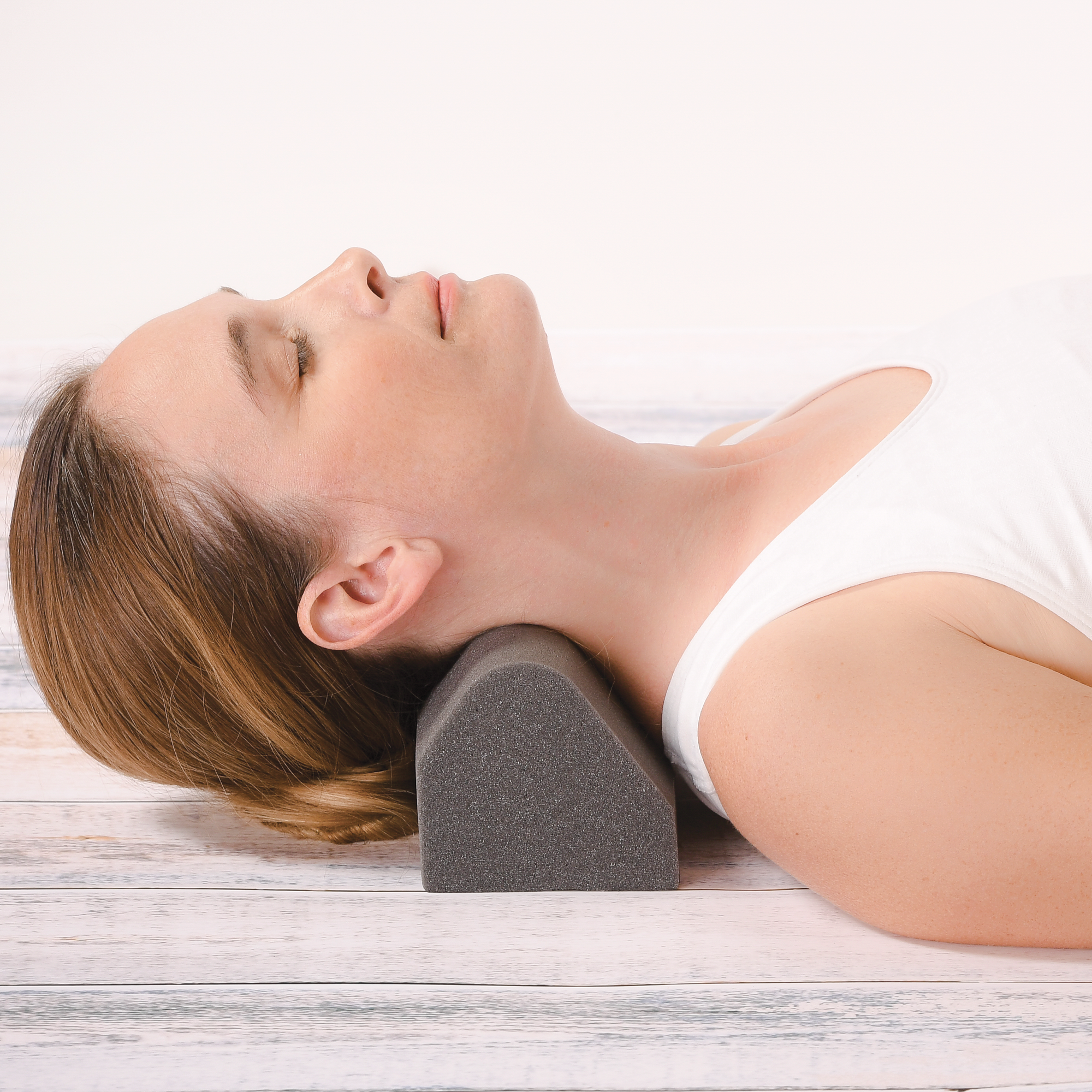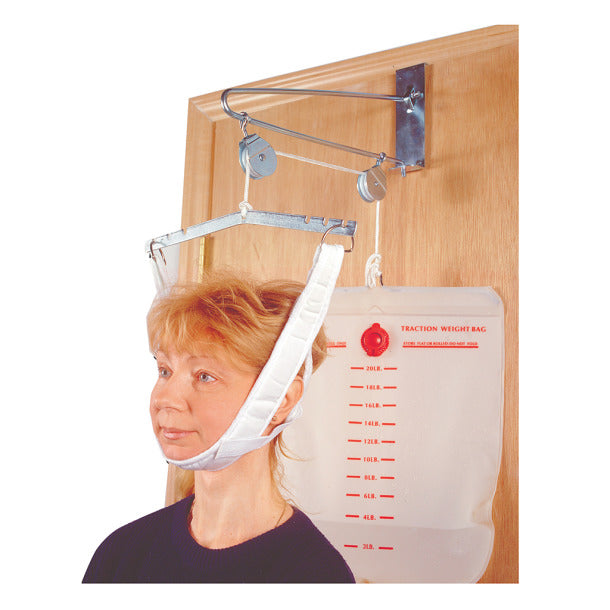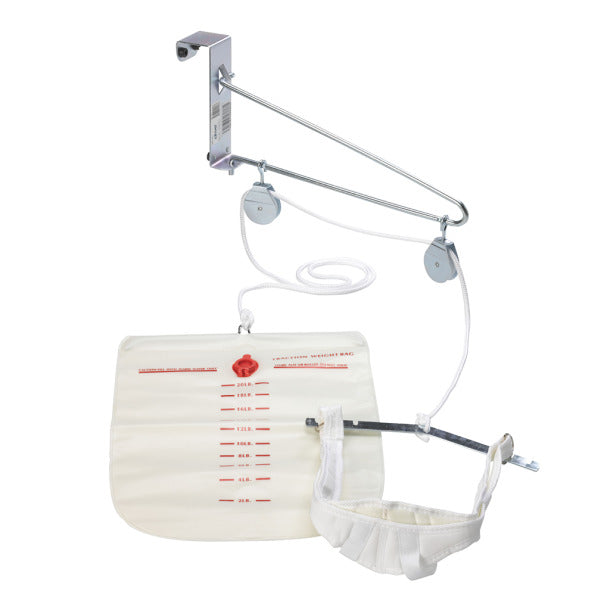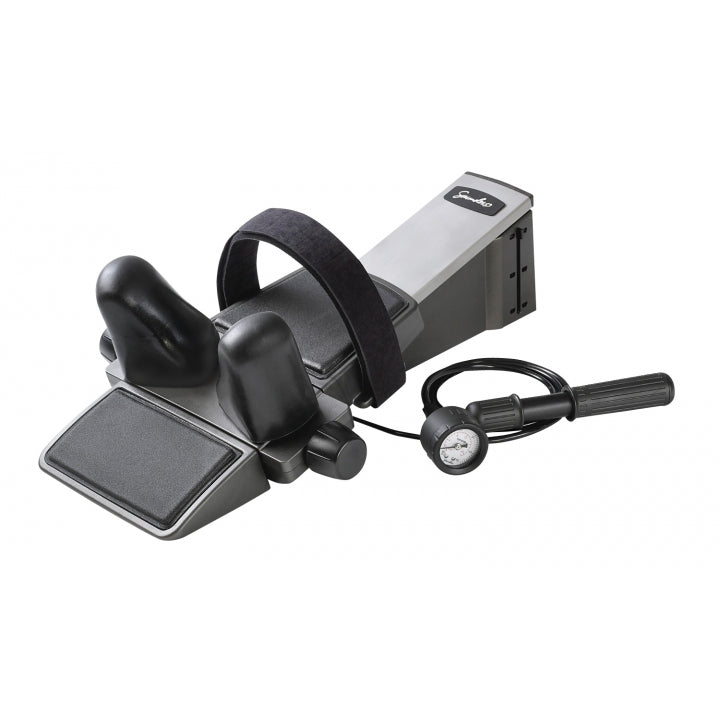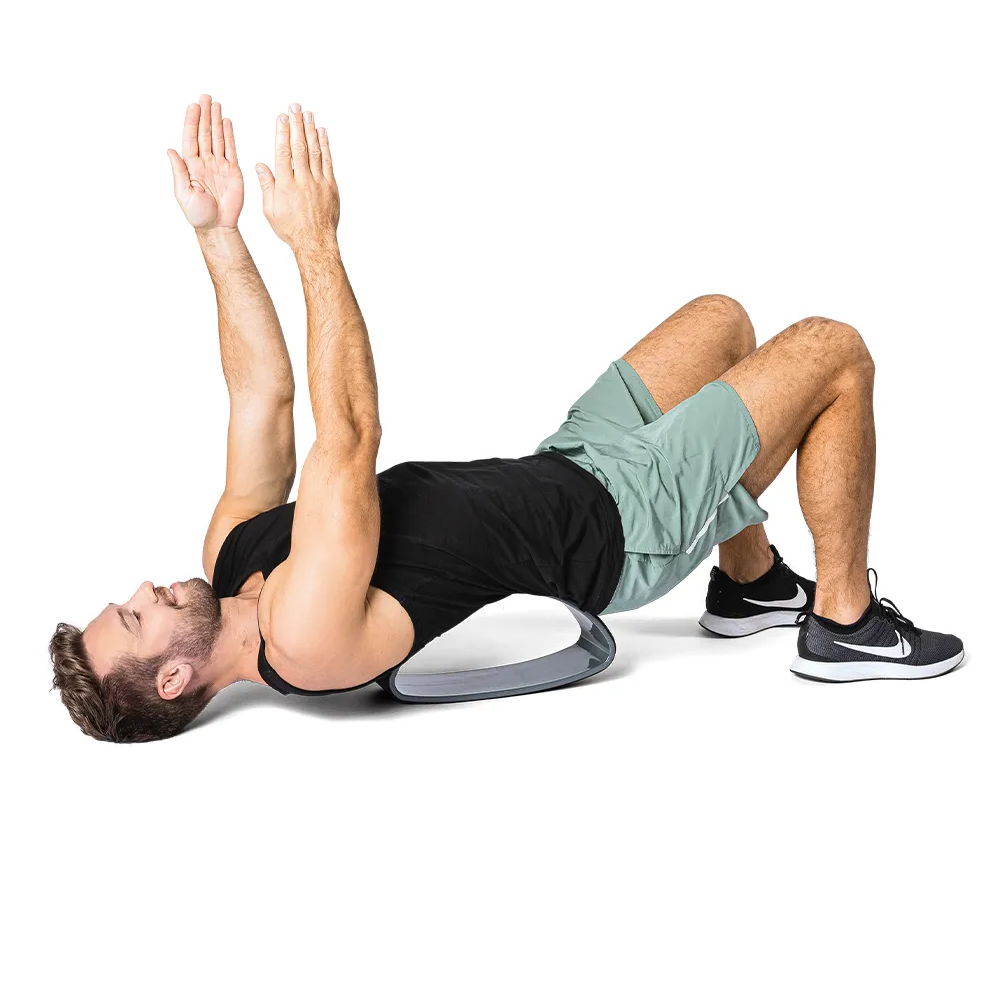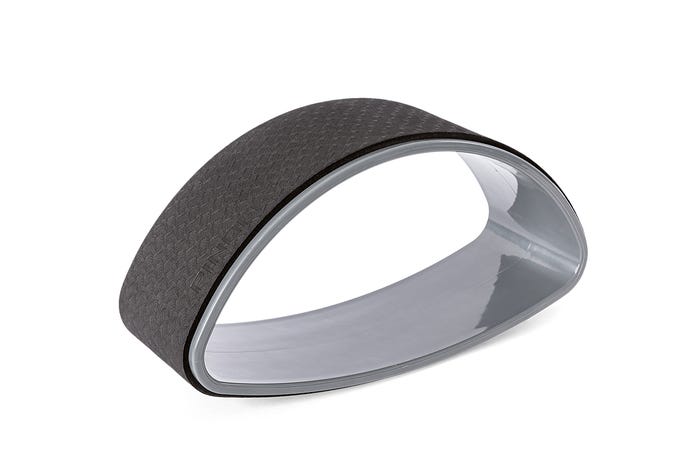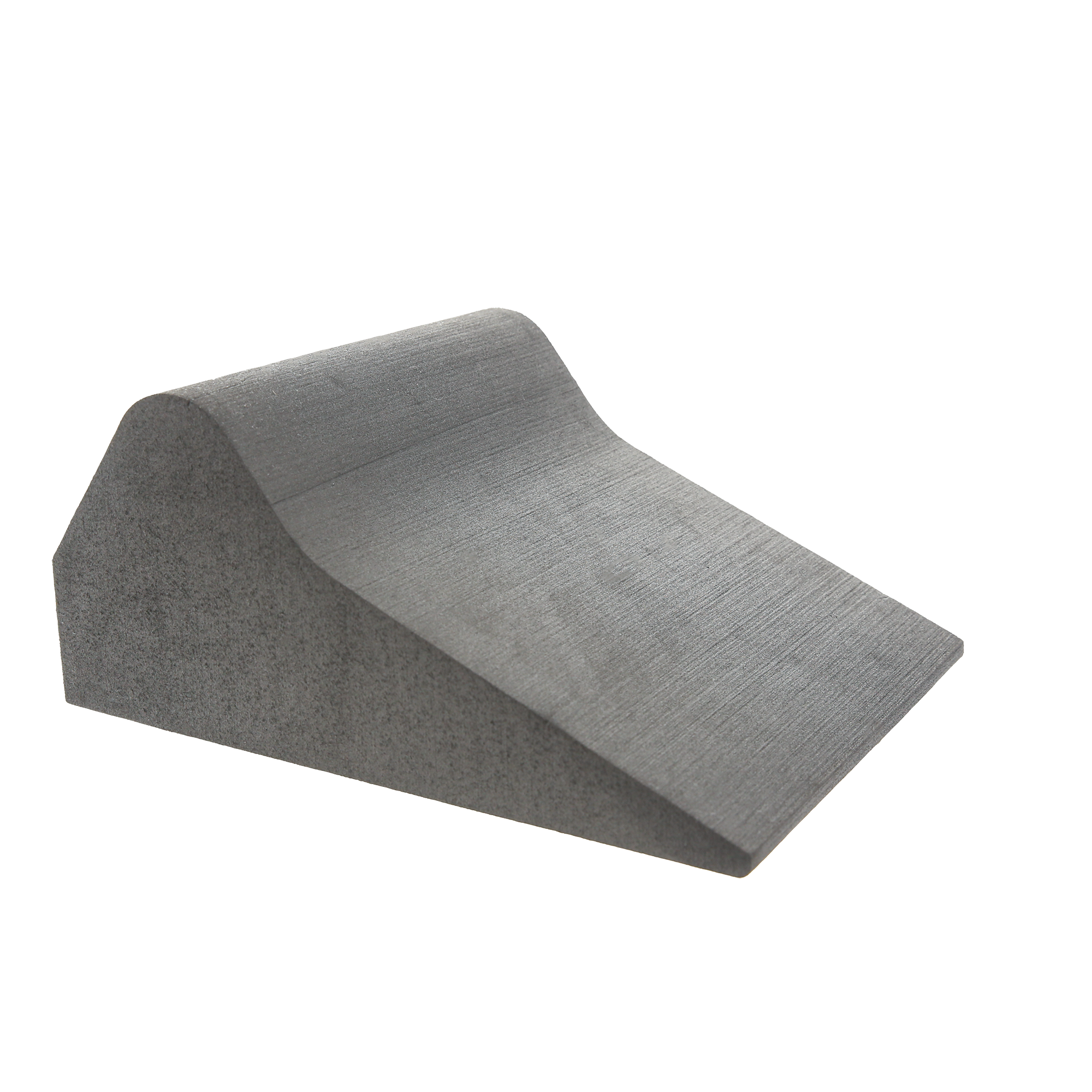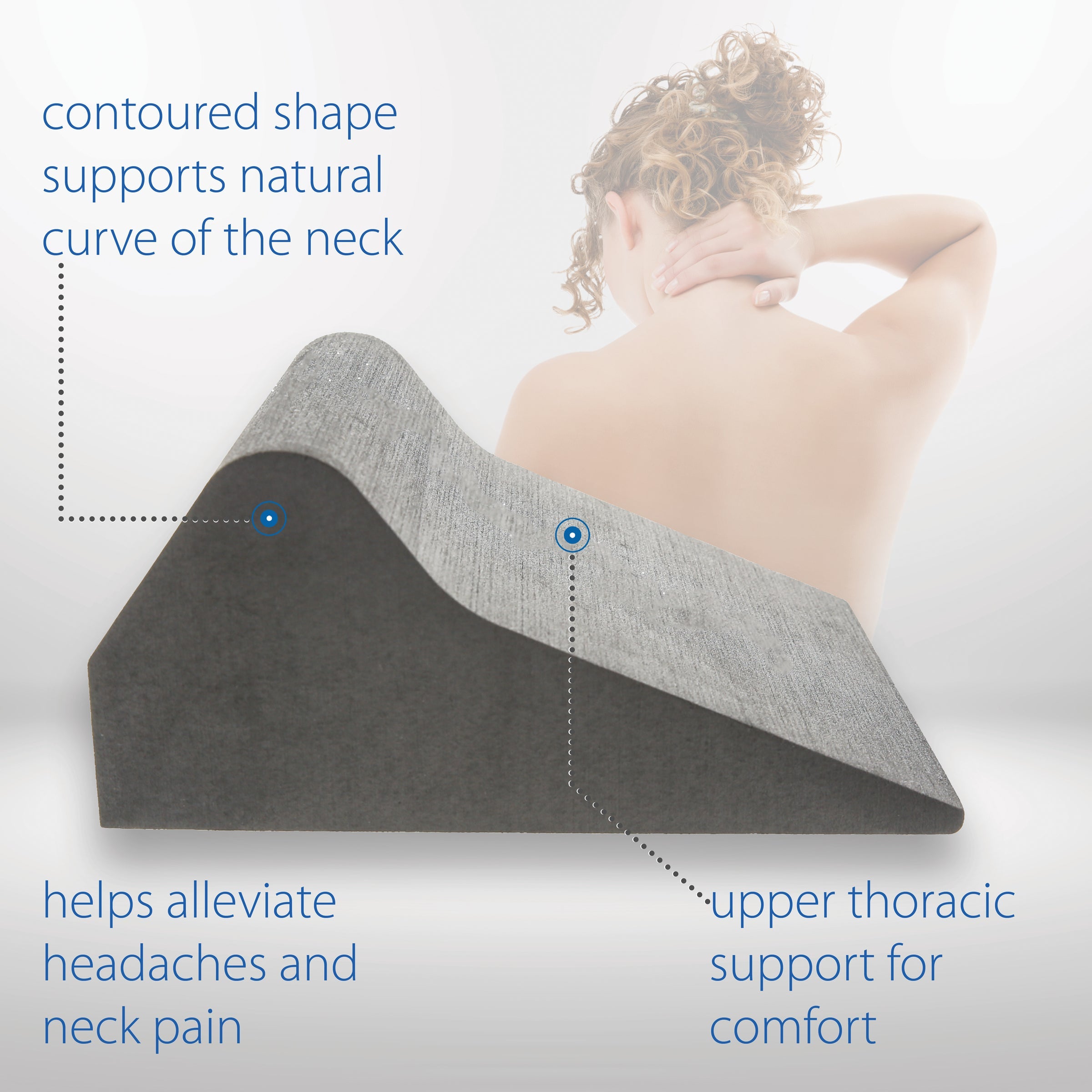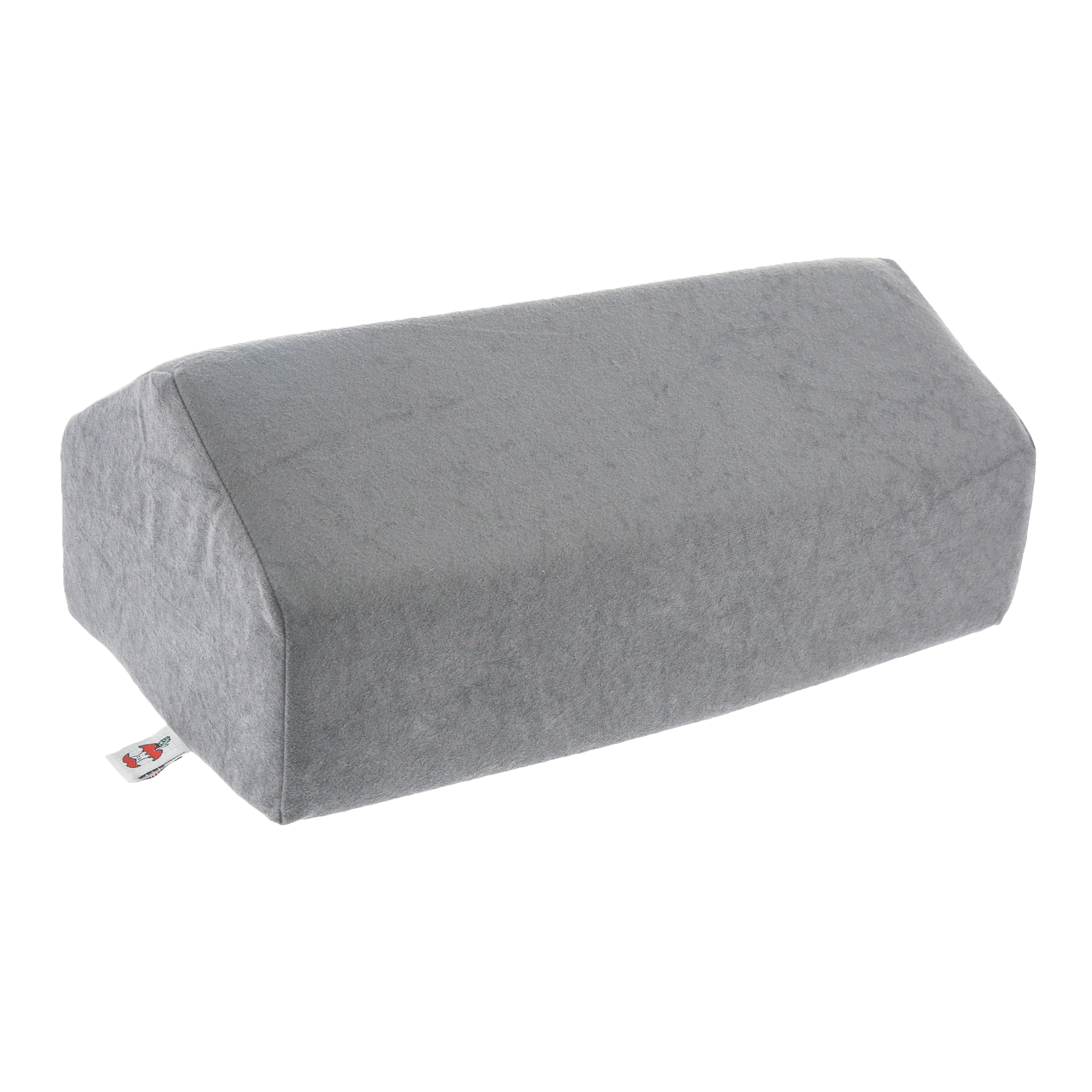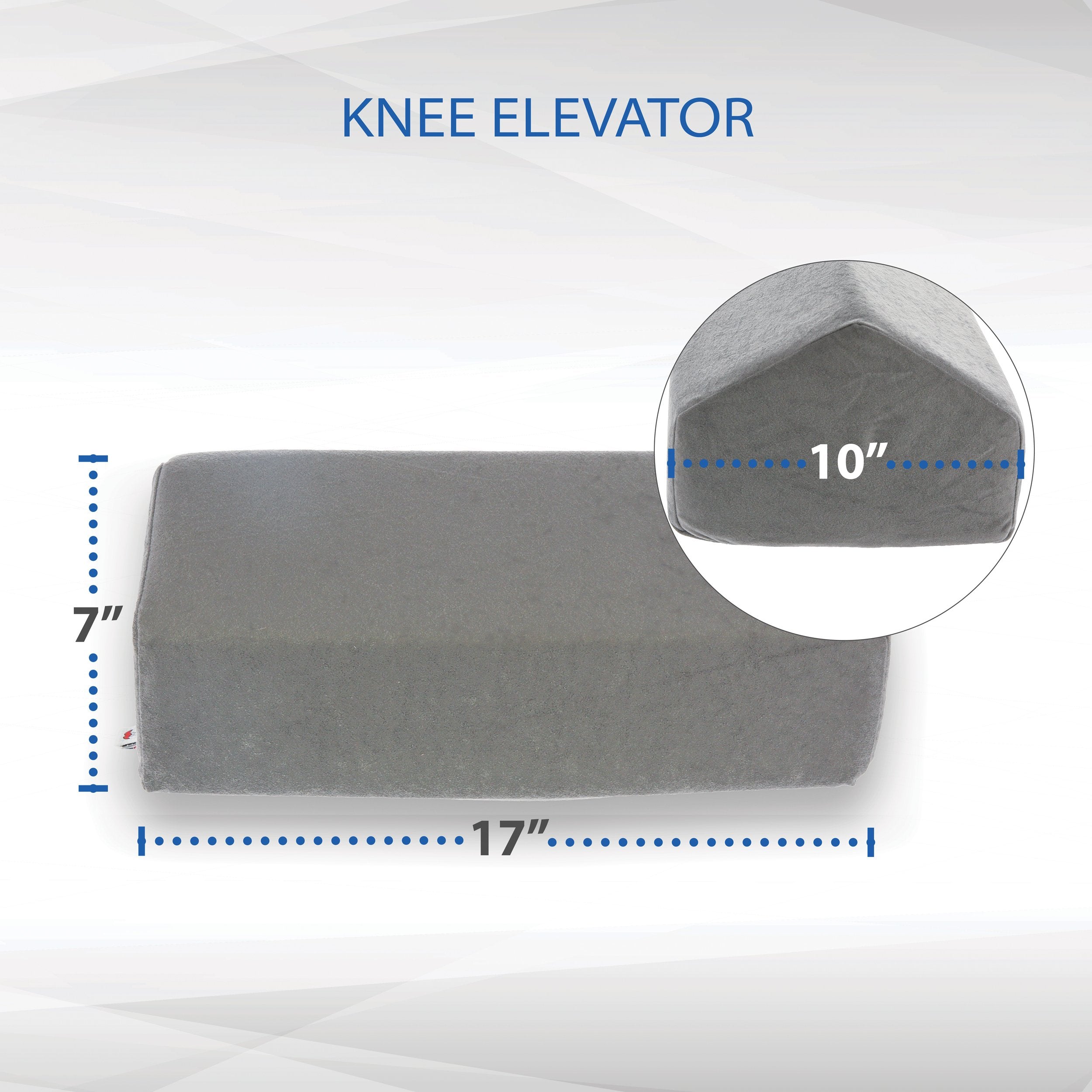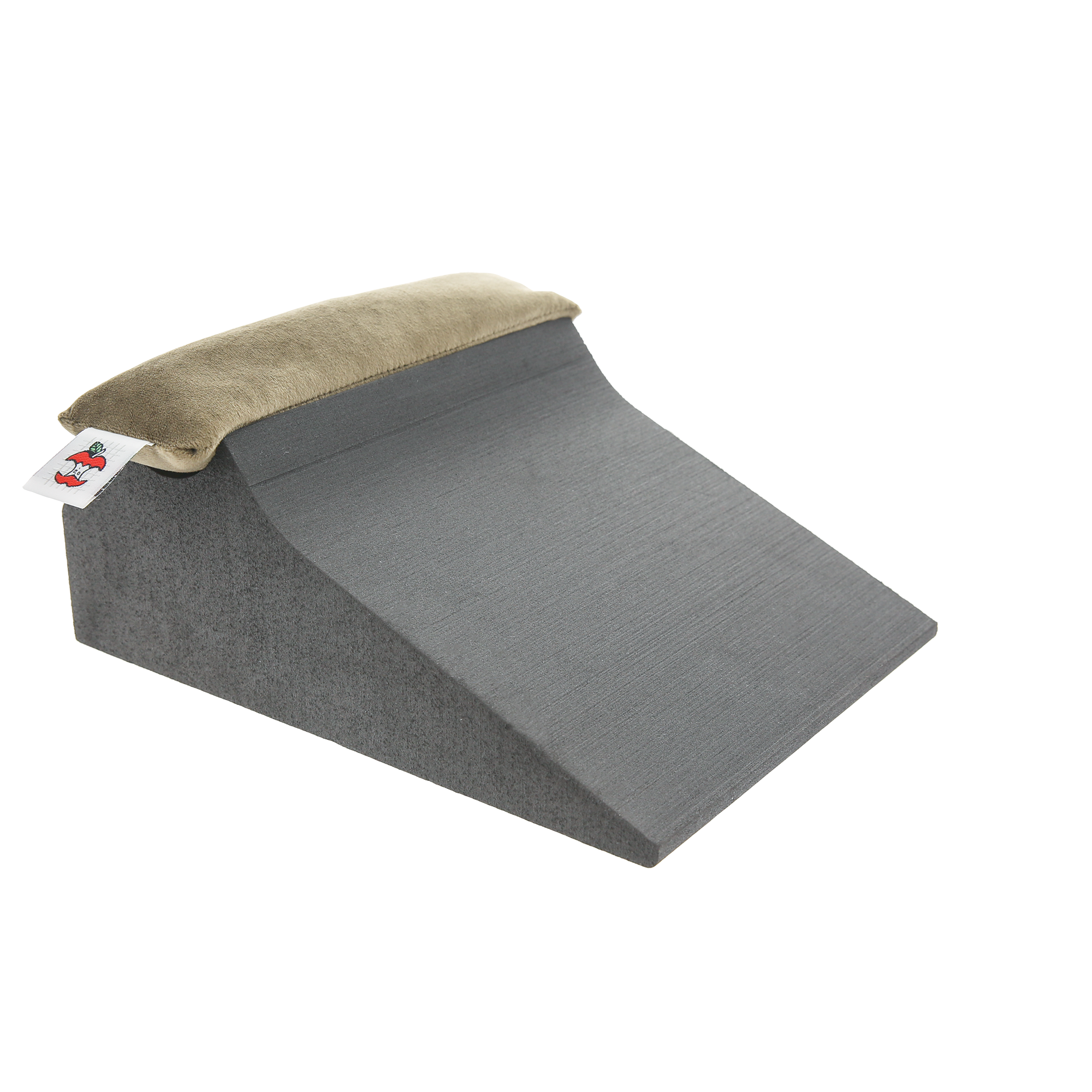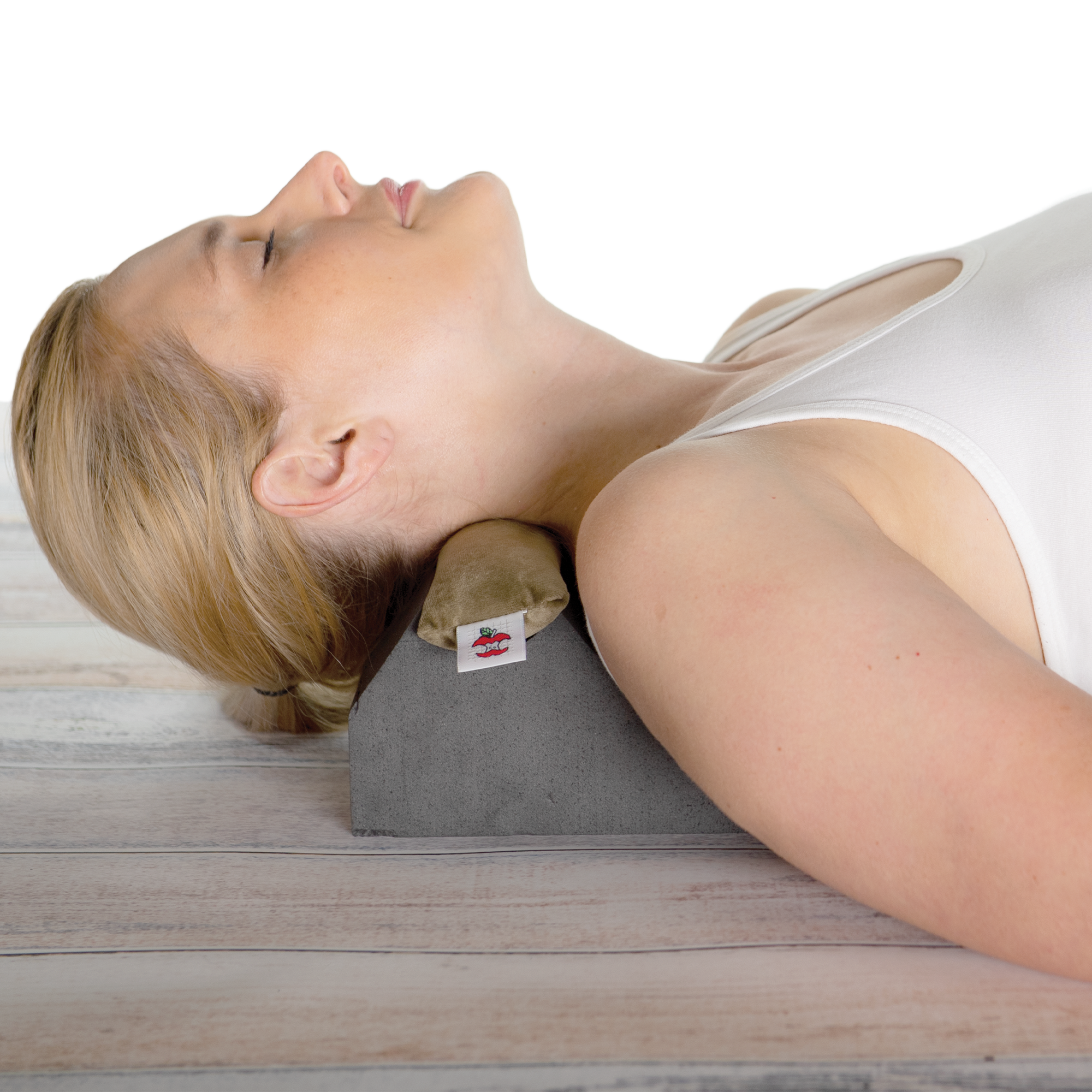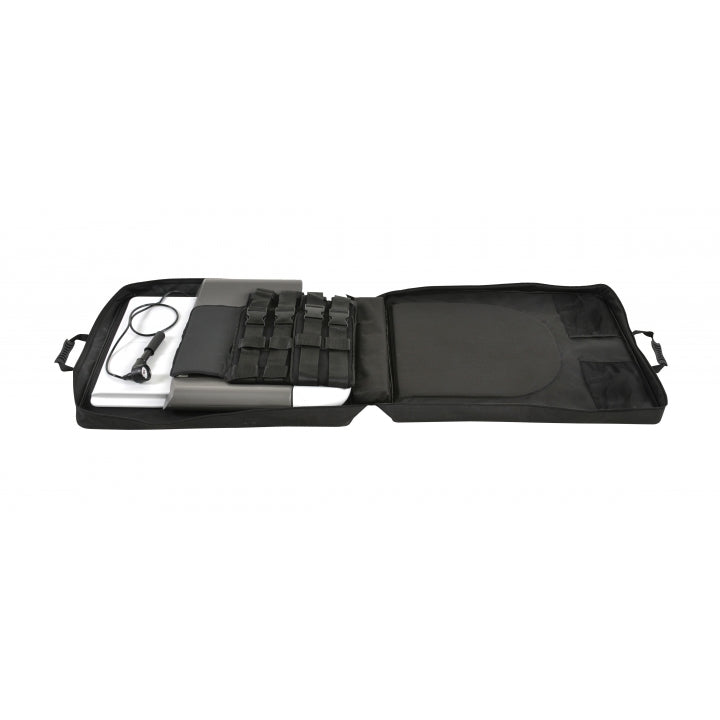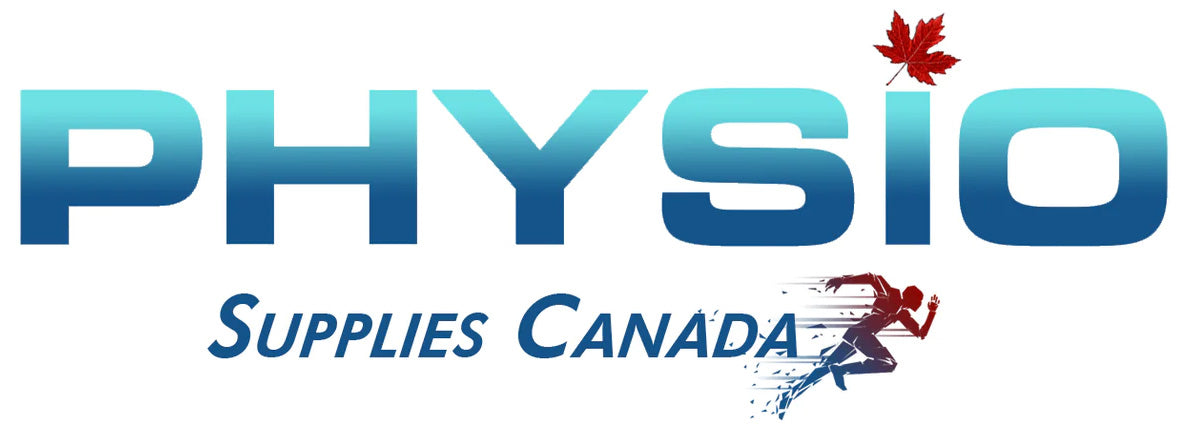What is Cervical Traction?
Essentially, cervical traction pulls the head away from the neck to create expansion and eliminate compression. It can be used as part of physical therapy treatment or at own home.
Its devices lightly stretch the neck to reduce pressure on the spine by pulling the vertebrae. It is said to be highly effective and fast-acting.
Cervical traction is a treatment often used in physical therapy to help treat pain and cervical radiculopathy. It involves stretching the neck and separating the disc and joint surfaces in the cervical spine.
Benefits of Cervical Traction
Cervical devices treat different types of neck pain, tension, and tightness. Cervical traction online helps to relax the muscles, which can significantly relieve pain and stiffness.
It is also used to treat and flatten bulging and herniated disks. It can remove pain from joints, sprains, and spasms. Its also used to treat neck injuries, pinched nerves, and cervical spondylosis.
Cervical devices work by stretching the spinal vertebrae and muscles to relieve pressure and pain. Force or tension is used to stretch or pull the head away from the neck.
Creating space between vertebrae relieves compression and allows the muscles to relax. This lengthens or stretches the muscles and joints around the neck.
Side Effect and Warning of Cervical Traction
Expert thin that traction expands the space between the vertebrae, increases the movement of the joints and stretches the muscles and ligaments around the vertebrae.
Side effects are very few but can include headache, nausea, fainting, and injury to tissue.
Generally, it is safe to perform cervical traction, but results are different for everyone. The treatment should be pain-free.
One should stop if faced with any side effects or consult a doctor or a physiotherapist.
One should avoid cervical traction online if:
- Rheumatoid arthritis
- Post-surgery hardware such as screws in the neck
- A recent fracture in the neck area
- A known tumor in the neck area
- A bone infection
- Issues or blockages with vertebral or carotid arteries
- Osteoporosis
- Cervical instability
- Spinal hypermobility
Cervical Traction Exercises
Several exercises can be done using cervical traction devices. One should listen to their body and go to the edge or threshold in terms of stretching and duration of exercises.
To use an air neck traction device, place it around the neck and adjust the straps, as necessary. Then, pump it up or wear it for about 20-30 minutes. Do this couple of times throughout the day. This can be done while doing activities where can be a slouch.
Slowly turn the head sideways, then forward and backward, and then lean the neck from side-to-side. Do each exercise 10 times. Then, attach the portable device to head and increase the pressure so it tightens around the forehead. Once it is pumped, wait for 10 seconds before releasing the air.
- Seating Posture Exercise- Sitting with the spine in a natural lordosis.
- DNF Exercise- Perform a slow and controlled craniocervical flexion motion without contracting the large superficial anterior neck muscles.
Brands of Cervical Traction in Canada
- DDS MAX Cervical Traction Collar Neck Brace by Disc Disease Solutions
- Pratos Five Position Cervical Traction Unit by Pro-Med Products.
- Pronex Pneumatic Cervical Traction System by RS Medical.
- CerviCo2000 Cervical Decompression by Meditrac.
- Saunders Cervical HomeTrac Traction Device.
Why Buy Cervical Traction Online
Easy to use, comfortable and non-threatening. It is lightweight for carrying away from home, making it ideal for travel.
The cervical massager comes equipped with a hand-held inflator air bulb pump, for easy inflation and deflation.
The cervical device is designed to maintain the natural curve and alignment of the neck for health.
It is very comfortable and easy to use for pain relief. It elongates neck muscles and separates cervical vertebrae, resulting in rapid and prolonged relief from the soreness and irritation that accompanies cervical problems.
Gentle, intermittent traction exercises the neck muscles increasing circulation. Firm, static traction lowers the pressure between vertebrae, freeing pinched nerves and, hence easing herniated discs.
It improves blood supply to neck, muscles, tendons, and ligaments. During traction therapy gently elongates neck muscles and separates cervical vertebrae, often resulting in rapid and prolonged relief from the soreness and irritation that accompanies cervical problems.

